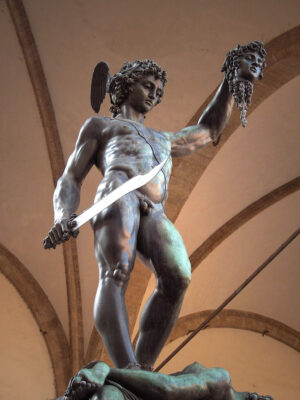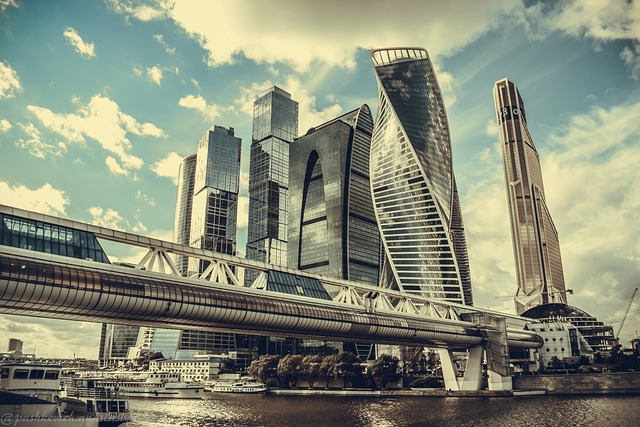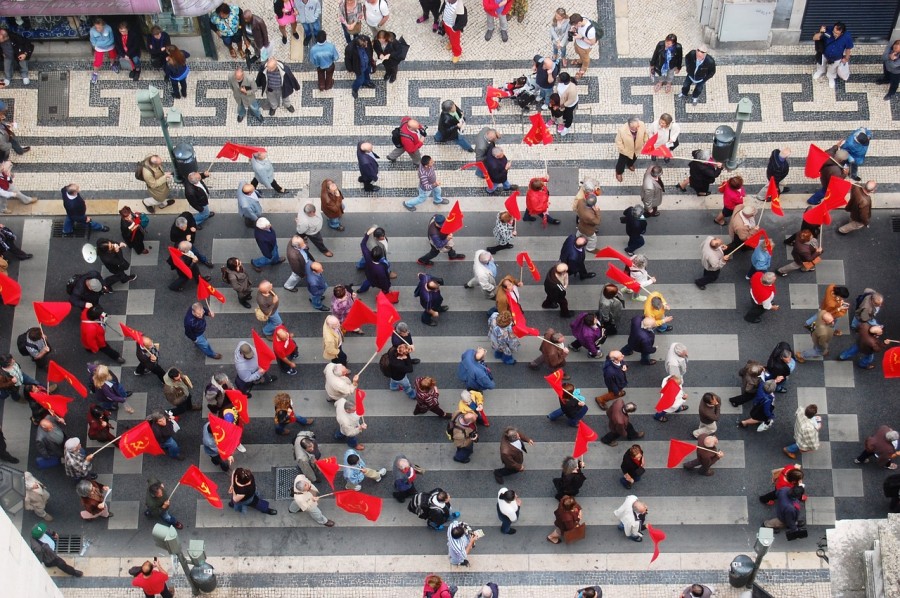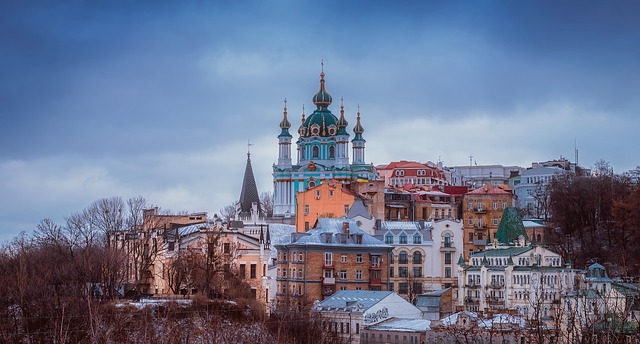
Am I the only one who feels that politics is a farce, with clowns like Trudeau, Macron, Zelinsky and the mummy Biden? And in the EU we have Ursula von der Leyen whose political career is lined with failures and corruption. It’s a mockery of the intelligence of the electorate. One wonders how many birdbrains can fit in one nest? Are these really the people who run the show? For real?
We citizens do not feel very involved, either in politics or in the general development of society. When taxes are raised, legislators blame economic factors and policy instruments, the only thing we can be really sure of is that they will never be lowered. We have the same trend in bureaucracy, regulations keep getting more and more extensive, rarely fewer and simpler.
It is easy to perceive the system as rigged and unwieldy. But we are too scared and too busy with our little lives; only conspiracy theorists and querulants dare to question the order. And who should we really blame, the clowns who sit around playing parliament? An absurd and elusive theatre. It just makes you angry.
The question is, has there ever been true democracy? Or have the wealthy classes always taken the big decisions behind closed doors. Where politicians are merely a corrupt bureaucracy, enforcing decisions made far above their heads. Democracy acts as an elegant cover, providing a golden frame that no one dares to question.
Are the important decisions taken by a hidden aristocracy? Where membership of the highest circle depends on how much money and influence you have. This has often been the case over the centuries, as far back as we can remember. Can we even prevent influential people from having influence? We call them landlords, manufacturers, entrepreneurs, capitalists, oligarchs or globalists. We know it’s true, in whole or in part, we can’t dismiss it.
Wouldn’t it be better to embrace reality, and tear down the scenery? Wouldn’t it be better to know who is really in charge? Let the men in power come out of the shadows and show themselves. The people should know who they are, and where they are going.
Western democracy, with its ideas of free elections, power-sharing, popular representation and meritocracy – are these all just fine words?
Let’s not get too dystopian. I would argue that the origins of democracy were grounded in reality and viable. At first, only citizens with a certain income could vote and participate in political life. This proto-democracy was more about formalising the existing power structure than empowering everyone. Money, success and property were the ticket to the corridors of power. Previously, the passage was even narrower, with only titles, ancestry and wartime achievements counting.
Early industrialism helped to restore a simpler society, one in which daring, ingenuity and achievement were rewarded more than perfumed wigs and inherited family possessions. Put crudely, the bourgeoisie took over power from the nobility. If we look a little deeper into the winding depths of history, we realise that the old nobility were also engaged in trade and commerce. Perhaps we can be content with the idea that one aristocracy succeeded another. In some countries their destinies intertwined. In others, the clashes were extremely bloody.
But nowhere were there ideas of total popular government or participation by the masses. Universal suffrage did not come until the early 20th century, and paradoxically it was probably this that contributed to the hiding in the shadows of real power. For the influence of the elite was still considerable, but their voice was only one of millions. They were forced into the periphery. While pretending that democracy was solving the world’s problems, the upper classes continued to exert their influence through lobbying, donations and outright bribery.
Is there a way out of this? Either we can embrace the order, recognise that reality is as it is. Or the masses decide that a change is necessary.
Another variant would be a revolt against the prevailing order, with some of the oligarchs siding with the people. By using populism and their influence over the other aristocrats, they increase their power. An “alpha male” can not only be big and strong, he must be fair as well, otherwise he will easily have an “accident” at an unnoticed moment. Hence populism, and the idea of keeping well with the people; nothing new for those who know their Machiavelli.
The problem with today’s aristocracy and their clients is that they seem extremely out of touch with reality and completely disconnected from the people. And this does not bode well. None of us wants another French revolution. Most of us want to live quiet and simple lives, where we can be left alone, and cultivate our gardens. We don’t want to be at the breaking point, at a time when history is taking a new turn. We are neither prepared nor willing. We hardly know the storm is coming.








